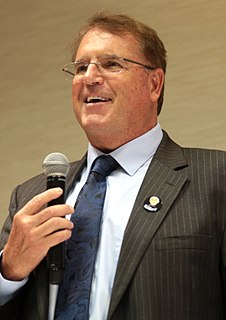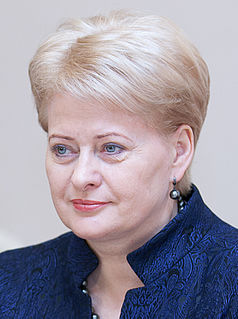A Quote by Thomas DiLorenzo
Ever since its founding in 1913, the Fed has described itself as an "independent" agency operated by selfless public servants striving to "fine-tune" the economy through monetary policy. In reality, however, a non-political governmental institution is as likely as a barking cat.
Related Quotes
Having your book edited is like watching your cat being operated on. It's uncomfortable and someone is probably going to get hurt. Most likely the cat. But in the end, things work out for the best and your cat is better it. And then your cat gets released in hardcover, and you have to read all of his reviews.
For a small open economy that trades mostly with the euro zone it makes absolute sense to be part of the currency union. Our currency has already pegged to the euro since 2002. We don't have an independent monetary policy. We are regulated by the European Central Bank in Frankfurt, but we are not able to reap all the profits. Our businesses want to save the transaction costs.
Transparency concerning the Federal Reserve's conduct of monetary policy is desirable because better public understanding enhances the effectiveness of policy. More important, however, is that transparent communications reflect the Federal Reserve's commitment to accountability within our democratic system of government.
We in the Congress have a moral and constitutional obligation to protect the value of the dollar and to understand why it is so important to the economy that a central bank not be given the unbelievable power of inflating a currency at will and pretending that it knows how to fine-tune an economy through this counterfeit system of money.
Inflation is certainly low and stable and, measured in unemployment and labour-market slack, the economy has made a lot of progress. The pace of growth is disappointingly slow, mostly because productivity growth has been very slow, which is not really something amenable to monetary policy. It comes from changes in technology, changes in worker skills and a variety of other things, but not monetary policy, in particular.
The reality is the most important thing that can be done are these permanent changes like to the tax code, reduction of government spending. These are the things that pop up in economy and move it in the right direction, start to make it an economy that is moving because of the money in the private economy. When you think about it, when the Fed is lowering an interest rate, what it's doing is it's creating more liquidity. It's putting more money into the economy. The same thing happens when you reduce the tax except if happens from physical policy.
































